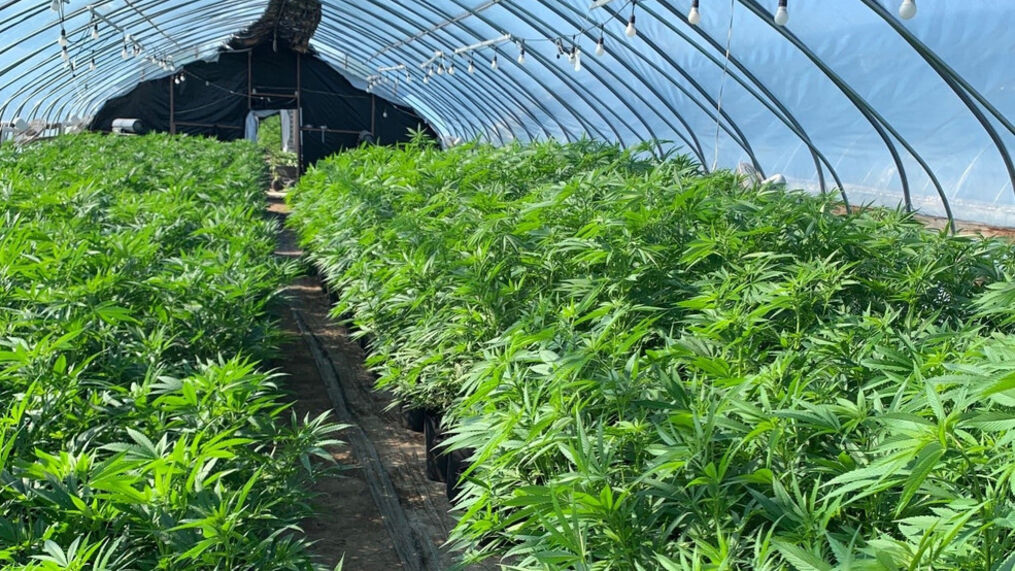Today, Oklahoma will be voting on a ballot measure to decide whether marijuana should be legalized for adults.
In most counties across the state, the cannabis measure (State Question 820) will be the only item on the ballot, a first in the history of legalization initiatives. If passed, this bill would establish a state law allowing people over the age of 21 to use marijuana recreationally.
Advocates attempted to place the reform on the November 2022 ballot, but delays in signature verification and a subsequent decision in litigation by the state Supreme Court meant it missed the window to qualify for the cycle.
State Question 820 would legalize the possession of up to one ounce of marijuana for adult use, the cultivation of up to six cannabis plants and the illegal eviction of certain prior marijuana offenses.
When Oklahomans narrowly approved State Question 788, which legalized medical marijuana, regulators were surprised. However, there has been an increase in business and tax revenues for the state, which has helped fund school facilities. Pot businesses have also become an important part of the state, as there are more in Oklahoma than anywhere else in the country.
Assuming the bill passes, a 15% excise tax on adult-use marijuana products would be imposed, with proceeds going to an “Oklahoma Marijuana Revenue Trust Fund.”
The funds would be divided among municipalities where the sales occurred (10%), the State Judicial Revolving Fund (10%), the general fund (30%), public education grants (30%) and grants for programs involved in substance abuse treatment and prevention (30%).
According to an economic impact study sponsored by the cannabis industry, Oklahoma is expected to see an $1.8 billion increase in recreational sales, generating approximately $434 million in excise tax revenue from 2024 to 2028, if the measure passes.
Oklahoma already possesses one of the most liberal medical marijuana statuses in the country, with roughly 10% of the adult population holding a medical license. Unlike other states, Oklahoma does not have a list of qualifying medical conditions, allowing patients to get doctor recommendations online and receive a valid license for two years.
Despite this, Oklahoma is a conservative state, and Republican leaders, such as Gov. Kevin Stitt, have criticized the state question.
“The main reason for me is, first and foremost, it is illegal federally,” Stitt said at a recent press conference. “There should not be a patchwork of different states doing different things. We need to let the feds decide whether it’s legal or illegal, not the states.”
Opponents also point to a rise in the quantity of Oklahoma marijuana being shipped out of state to be sold on the black market, as well as criminal activities linked with marijuana, such as the execution-style deaths of four people at a rural Oklahoma illicit marijuana farm.
Supporters for SQ 820 have been running TV advertisements and door-knocking campaigns to encourage voting for the special election. One advertisement includes a retired police chief describing the public safety risks of continued prohibition.
SQ 820 is one of three competing cannabis propositions activists have attempted to place on the ballot . An advocate for the other two bills, State Questions 818 and 819, urged voters to endorse SQ 820 last month.
If the bill passes, Oklahoma will be the 22nd state to legalize cannabis, and likely the most conservative, following losses of similar efforts in Arkansas, North Dakota and South Dakota last year.
Polls will close at 7 p.m. this evening.

















Be First to Comment